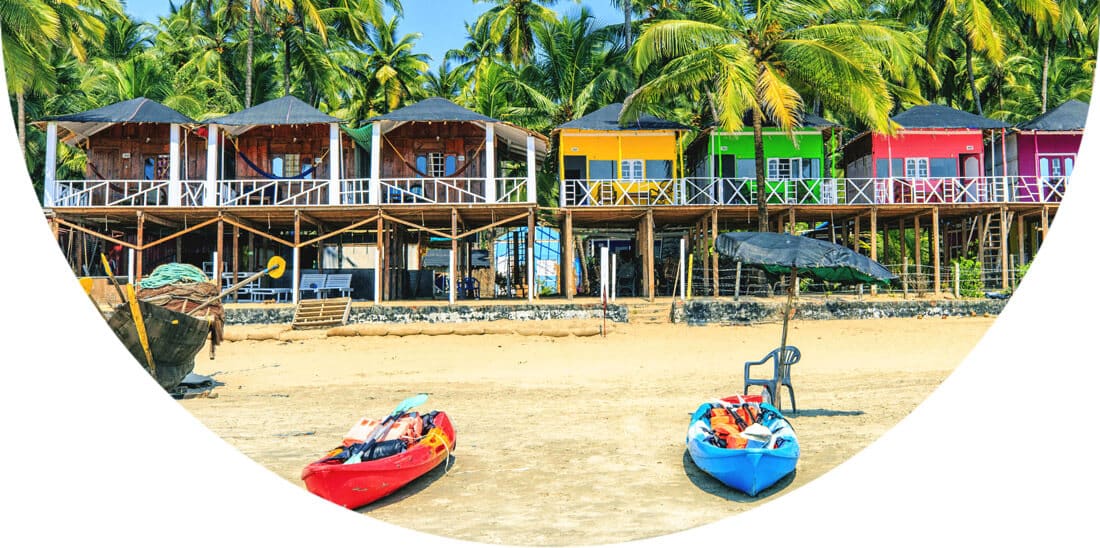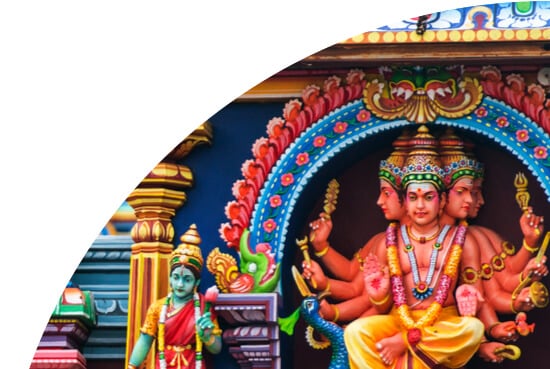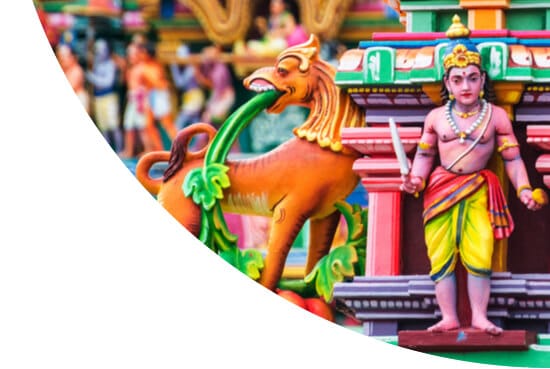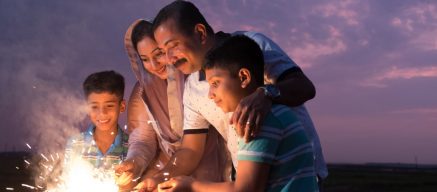Crimean-Congo haemorrhagic fever (CCHF) is primarily spread to humans either by infected ticks or animal blood. Human-to-human transmission can also occur resulting from close contact with the blood, organs or other bodily fluids of an infected person.


Travel Vaccinations for India
Recommended Vaccines for India
The level of protection needed depends on your medical history and travel itinerary. Book now to get a personalised recommendation from our specialist travel nurses. The consultation costs £20 plus any vaccines you decide to take.
Flexible appointments with no upfront payment
Book Now
Destination Information for India
India has millions of tourists visiting throughout the year with many returning to discover things they missed out before. Not only does India have an excellent choice of sites to visit, but it also has some of the most beautiful beaches in the world. India has a tropical monsoon climate during June until September; so, the best time to travel is between December and February where the dry season finds the temperature more agreeable.
Goa is stunning, a great place to relax all day long! You can unwind on the beaches followed by a fantastic meal in one of the many restaurants. Nearly every visitor to the country visits the Taj Mahal; you can’t go to India without visiting this beautiful attraction. Delhi also has many beautiful places to visit including the Red Fort and the Golden Triangle.
Anyone taking a trip to India will need travel vaccinations, food and water borne diseases are common in India, therefore, Hepatitis A and typhoid vaccines are strongly recommended. You need to be up to date with Diphtheria, Tetanus and Polio and we would recommend Rabies vaccine and Japanese encephalitis depending upon your itinerary and the season. There is malaria in some parts of the country and Cholera outbreaks occur in some regions. There are mosquitoes that can cause diseases such as Dengue and Chikungunya, but our specialist team of nurses can advise you on the necessary precautions. Many visitors get travellers’ diarrhoea, but we have specific packs available to help treat and reduce the illness whilst abroad. Also, don’t forget travel insurance so you’re covered for medical emergencies. A flu jab should be considered as with all seasonal destinations.
Infections and Outbreaks frequently change from country to country and by attending our clinics you will be given the most up to date clinical and safety advice from our team of specialists. Our advice to you often includes aspects such as:
Additional Health Risks Information for India
India is hot and humid during the summer months of March to June when temperatures are particularly high. You can avoid sunburn and heatstroke by wearing light clothing that covers the body and using a high SPF sunscreen. Stay hydrated by drinking plenty of bottled water, and avoid being out in the direct sun at the hottest times of the day. If you’re travelling to remote regions, and areas that are generally cooler such as the Himalayas, remember to wear appropriate footwear and clothing for the activity you are doing. Be aware of situations that can be dangerous to your health, and take particular care around animals, and when eating and drinking.
If possible, try to avoid the border of India with Pakistan, as the current political instability has led to a less safe situation here. Be vigilant with your possessions, as theft and pickpocketing can be a risk, particularly in crowded areas.
If you are driving in India or travelling as a passenger in a road vehicle, be aware that roads here can be dangerous, and vehicle safety and driving standards may not be the same as in the UK. Consider whether the person driving is safe to do so and whether the vehicle is roadworthy before you get in.
Latest India Articles
Top Travel Destinations for 2019
Once you’ve found your ideal holiday destination for 2019, book your travel vaccinations here using our simple online booking process. Or if you’re looking for a last minute appointment, give us a call on 020 3432 1381. 2019 is no doubt …
Winter Holiday Destinations And How To Stay Safe When Visiting
Freezing temperatures, scraping the car every morning, gloomy skies and the depressing sight of darkness as you drive to work, welcome to winter in the UK folks! With all of that in mind, there’s no surprise that so many Britons …
Happy Diwali! 4 Best Places to Celebrate the Festival of Lights
Diwali, often referred to as the festival of lights, is one of the most famous and celebrated Indian festivals in the world. In Sanskrit, ‘Diwali’ means ‘row of lights’ and the festival is a celebration of triumph of good over …






